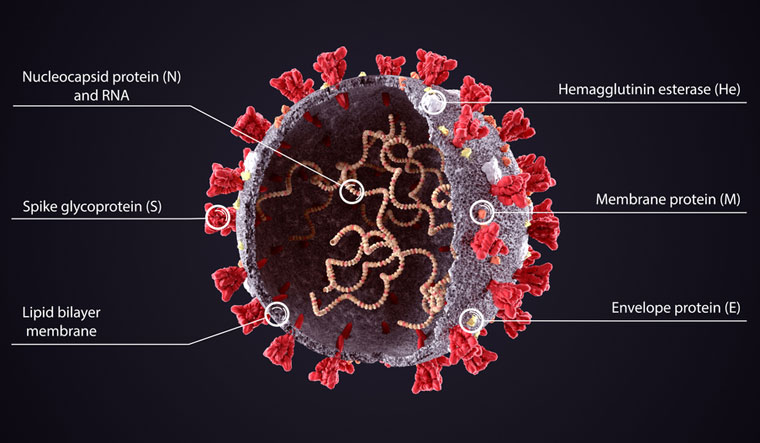

"In this test are proteins that are going to be very sensitive to becoming too hot."Īt colder temperatures, the test may still be temporarily affected. "When you cook an egg, it denatures the proteins," she explained. Amy Mathers, associate professor of medicine and pathology and associate director of clinical microbiology at the University of Virginia School of Medicine, told TODAY.Īfter exposure to very high temperatures, components of the reagent chemicals that come with the test may be permanently damaged in a way that affects the sensitivity of the test, Mathers said. Get the tests inside as soon as possibleĮxposure to extreme hot or cold temperatures may affect the accuracy of home COVID-19 rapid tests, Dr.

Here's what you need to know about storing and taking the tests to get the most accurate results possible - and help protect your community. That's why it's more important than ever to be able to rely on the results you get from COVID-19 tests. But, knowing that we've seen surges in coronavirus cases for the past two winters, experts think it's likely we'll see another one this year. With updated COVID-19 boosters available, experts say we're likely to have better protection against the omicron subvariants that are circulating now.


 0 kommentar(er)
0 kommentar(er)
